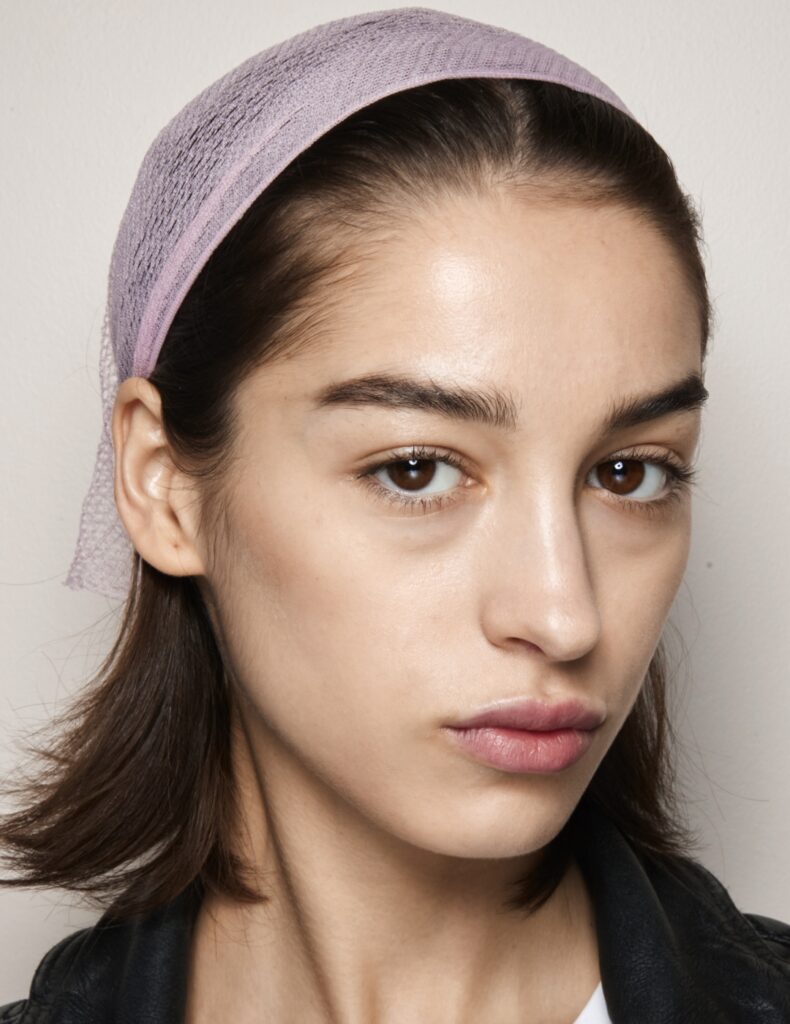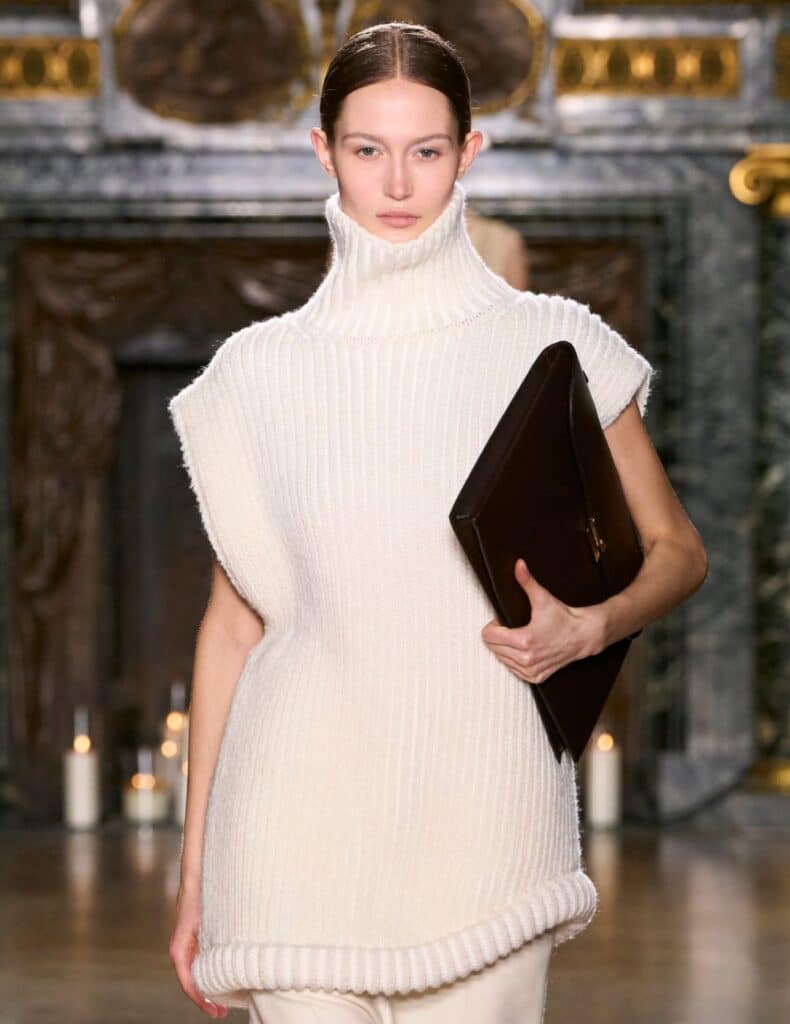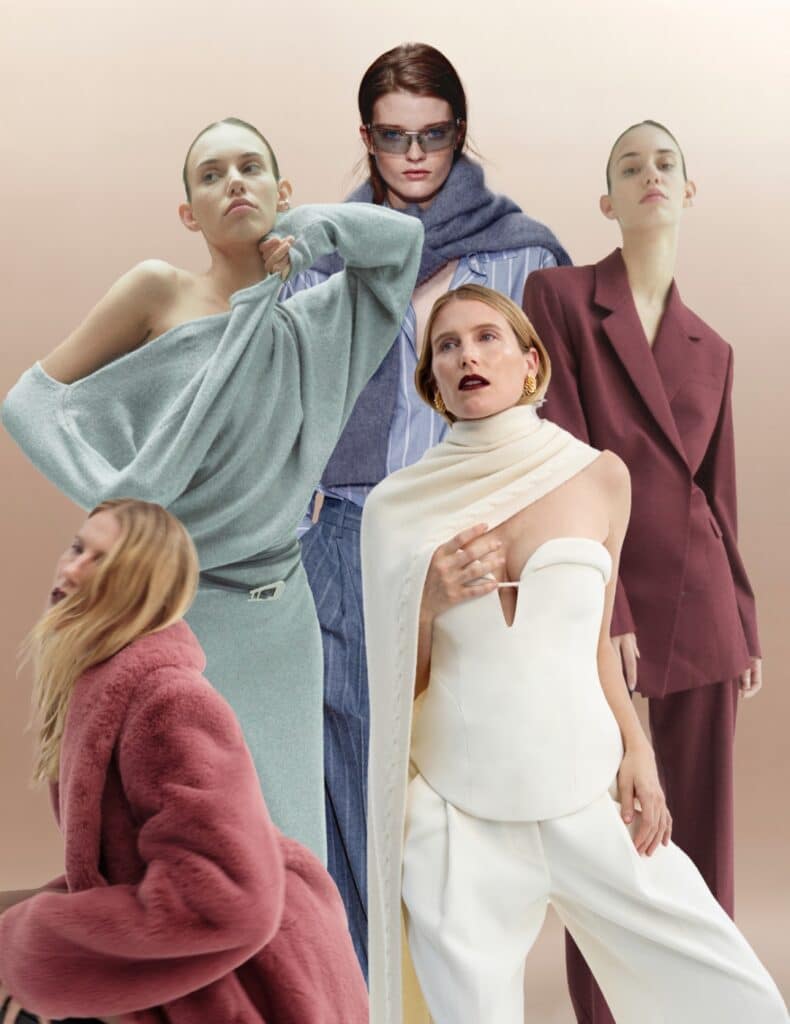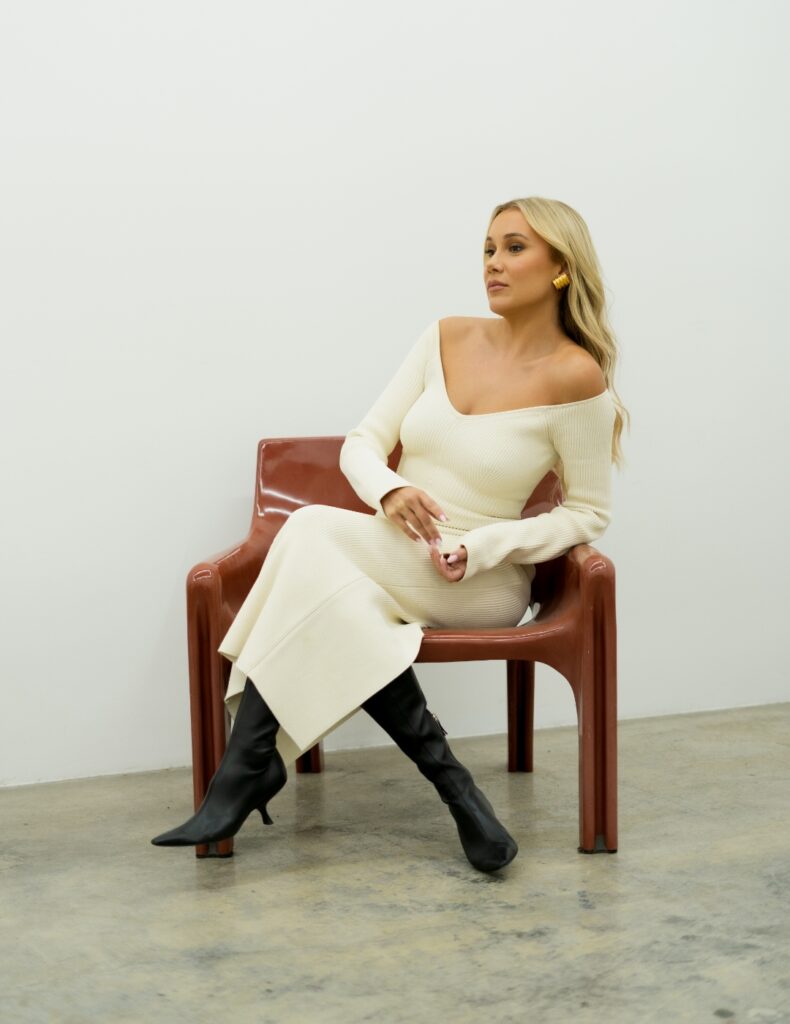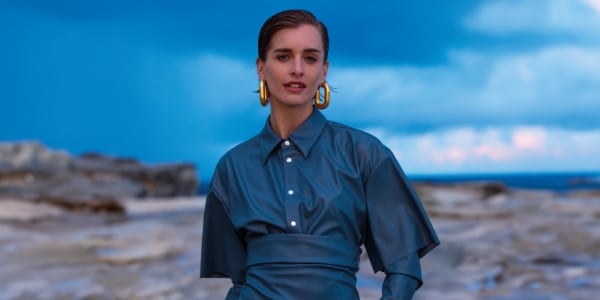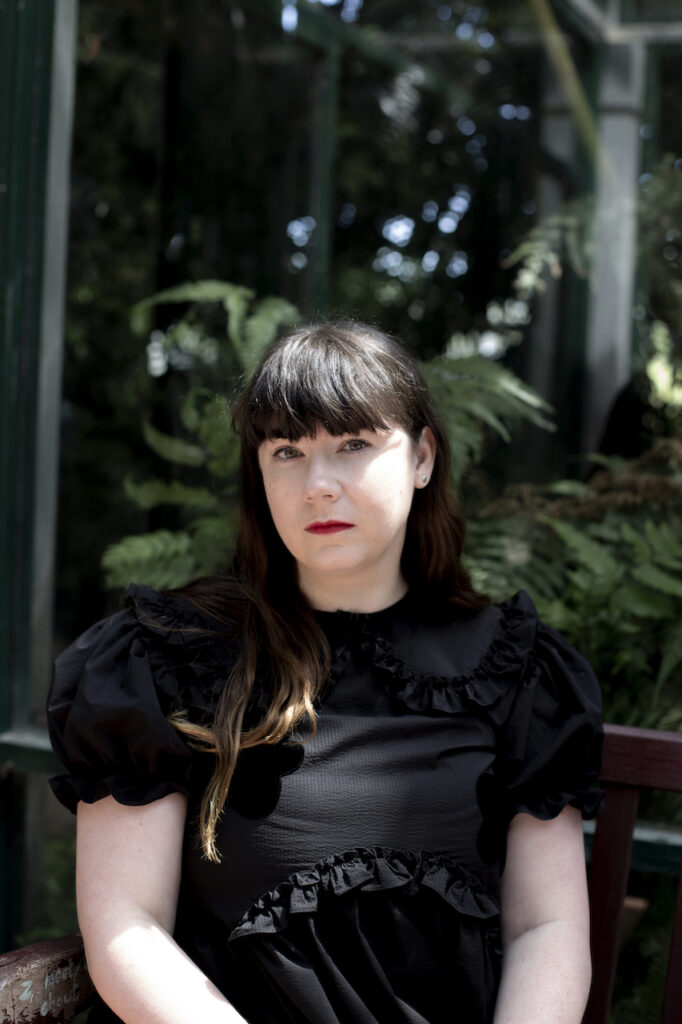
Blessed with a creative mind and an affinity for words, Anna Blair is one of Aotearoa’s finest exports in the literary field. Holding a PhD in the History of Art and Architecture from the University of Cambridge in the UK, the well-travelled Whangarei-born writer has gained multiple notches in her belt. Now, based in Naarm where she works as a Program and Partnerships Manager at Writers Victoria, Blair’s latest feat has been publishing her very first novel, The Modern, which hit shelves around the world in September this year. Inspired by the dynamic career of this accomplished wordsmith, FQ sat down with Blair to trace her journey to success. Below, she speaks to her inspiration for The Modern, gives her advice to aspiring writers, and shares what’s next on the horizon for her both personally and professionally.

Let’s get up to speed. Can you tell us a bit about yourself, your background, and your career to-date?
I’m a writer, mostly, but I’m also an art and architectural historian and arts worker. I did a PhD in History of Art and Architecture, focusing on the politics of design in interwar Paris, at the University of Cambridge, in the UK. I took a year off from my PhD to work in the Department of Architecture and Design at the Museum of Modern Art in New York; during and after my PhD, I also did a lot of freelance writing, editing and teaching. I work, now, as Program and Partnerships Manager at Writers Victoria in Melbourne, Australia, which I enjoy as it combines my love of education and events with reading and writing; I get to email writers I admire and ask them to teach the workshops that I wish existed.
You’re from Aotearoa but you’re based in Naarm. When did you make the move to Australia and how long have you been living there?
I’ve moved around a lot throughout my life. I left Whangarei when I was five or six years old, I think, and as a child I lived in the UK, the US and Tasmania as well as Melbourne, where I went to high school and university. After that, I lived in the UK, the US and France for about a decade, though I did spend long periods in NZ throughout that time and at the end of it. I moved from Auckland to Melbourne just before the pandemic. I feel that moving around so much has made me more insistent on my identity as a New Zealander, both because I’ve consistently returned there, between places, and because I’m always afraid people will question it.
You hold a PhD in the History of Art and Architecture. What drew you towards the medium of writing?
I’ve always loved reading and writing and have gravitated toward it since I was a child, despite studying other subjects. I started studying Art History and Architecture, as an undergraduate, because I wanted to develop my descriptive skills (and also simply because I loved the subject matter).
I saw doing a PhD in History of Art and Architecture as a means of writing about aesthetics and place, mostly, and then the process of writing in an academic setting, and reading so many different types of writing about art and architecture, led me to creative writing. I felt sad that really brilliant pieces of work only had a few readers because they were placed in academic journals, sometimes, and at other points I felt like academic formats focused on content at the expense of form and style. I wanted people to read my work for pleasure, I suppose, rather than as a professional obligation. I think, also, that I tend to rebel against the institutions that contain me, and so it was inevitable that academia would push me to a different type of writing. I did want to write fiction even as a child, though.

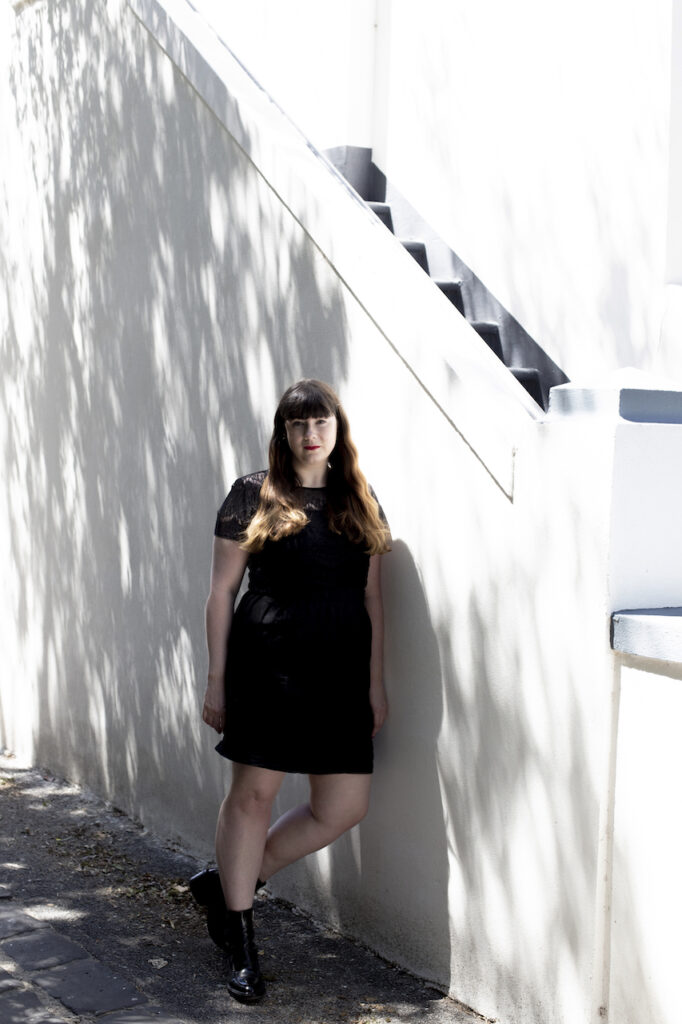
Congratulations on publishing your first novel! Could you tell us a bit about this process?
I was really lucky when it came to the publication process. I’d feared rejection and held off submitting my manuscript anywhere for quite a long time, but then the first agent to read it offered to represent me. I kept waiting for the rejection I’d heard was prevalent, but luckily publishers liked it, too. It’s been a really quick process. I signed the contract at the end of November last year and the book came out at the end of August this year, only nine months later.
You previously worked at the Museum of Modern Art in New York – the same as the protagonist in your novel. In what ways does the plot of The Modern draw on your own life and experiences?
I worked at the Museum of Modern Art, but I was in Architecture and Design while my protagonist is in Painting and Sculpture, which probably feels like a minor difference to those outside the museum but which felt like a major difference to me – but it felt necessary in terms of Sophia’s relationship with modernity and also in terms of giving myself space so I didn’t feel like I had to hew too closely to my own experience.
I’d say that the setting of The Modern draws upon my life and experiences, but the plot doesn’t at all. I used a lot of the visual details I encountered around New York City, and particularly at the museum, and I used my own photographs as source material. There wasn’t much plot to my life while I was working at MoMA, though; I just went to work, went to aerial yoga classes and spent most of my time exploring the city and wandering around Sunset Park, in Brooklyn, where I lived. I didn’t really have time for the romantic obsession that my protagonist is overwhelmed by, though I’ve definitely struggled with love (albeit in different ways to Sophia) at other points in my life!
Were there any challenges you encountered while working on your novel?
I wrote this novel just after finishing my PhD, while trying to figure out my own professional future, and this was a fairly challenging time for me. It’s very hard to find secure and permanent employment in the arts or academia. In order to succeed in these fields, you have to be really dedicated to that, and it’s hard to pursue that whilst also trying to be a creative writer… so I knew that I was narrowing my prospects by writing a novel instead of writing academic articles, turning my PhD into a book or curating smaller shows that I could put on my resumé.
I do think my own professional uncertainty helped the book, as it’s a book about precarity, but it also made things challenging, in that I could never just relax and enjoy the writing process.
I gave up a lot, I think, in the hope that the book would work out, and it was really hard to believe in myself and trust this decision, particularly as a lot of people around me questioned it. I’d often lose faith in myself and set the manuscript aside in favour of crying and questioning my life choices.
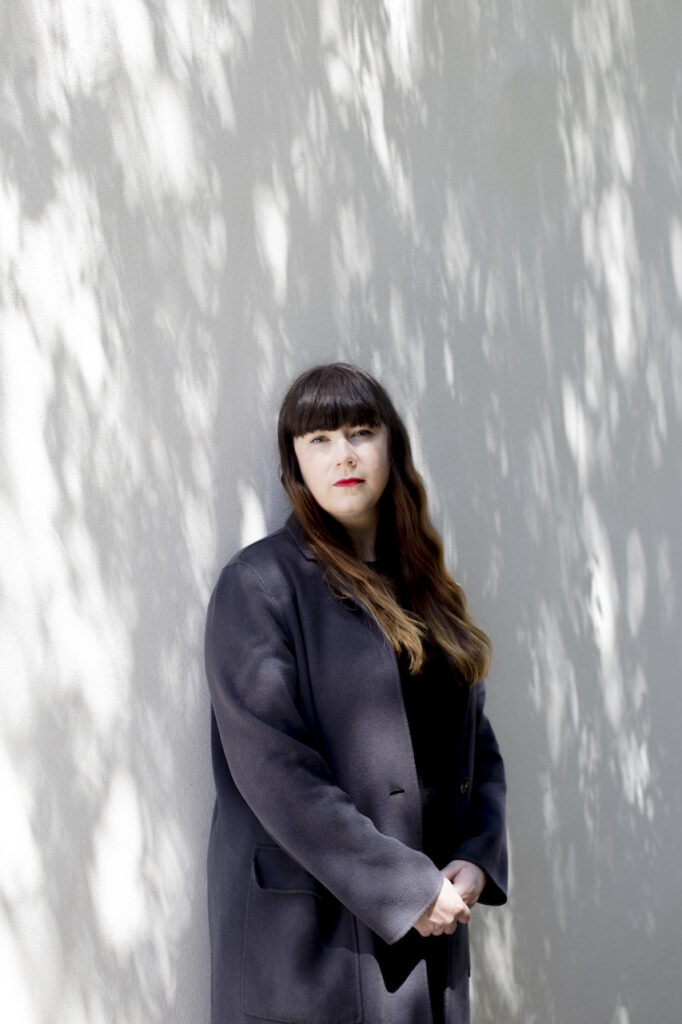
What advice would you give to any FQ readers who are interested in following a similar path to you?
I’d suggest listening to the advice that encourages you, rather than discourages you, because the advice that discourages you is probably just going to make you depressed rather than actually causing you to act in useful ways. I think it’s necessary for writers to cultivate a kind of optimistic delusion in order to get work done! I’d also advise worrying about craft and creative development instead of worrying about publication processes, since craft is the only thing that a writer can really control. I’d suggest reading enthusiastically and critically, making friends who care about writing and friends who don’t care about it at all, for balance, and going swimming as often as you can.
What has been your biggest career highlight or milestone thus far?
I doubt this is a surprising answer, but publishing my first novel has definitely been the biggest highlight. I’d list smaller parts of that process, too, such as meeting my agent and my publisher, as highlights, also. It’s all been surreal and wonderful.
What inspires you creatively?
I’m inspired by almost everything. I think many of my settings and characters begin with aesthetics and mood, while my plots tend to be inspired by theory (and a desire to be contrary). In general, I’d say I’m inspired by mid-century novels and plotless films, by places I’ve spent time and places I’d like to visit, by having my heart broken, different types of candy, swimming and walking. I’m currently feeling inspired by Barbara Hepworth, fairies building makeshift bridges in British marshland, wild violets, Julia Kristeva and very thin ribbons.
What’s next for you? Personally and professionally?
Personally, I’m hoping to move to a new apartment, one in which I can have a dog. I’m obsessed with Acheson Best Overend’s Cairo Flats, built in 1936, which I used to show my students when I taught architectural history, but I’ve been waiting for ages for a flat to appear there and I’m not sure I can wait forever. Once I move, I’d like to adopt a Bedlington Terrier, a poodle or a rescue greyhound.
Professionally, I’m trying to engineer both the confidence and the spare time required to write another book! I’ve been busier this year than I’ve ever been before, but I do really want to figure that out.

Quick-fire questions:
The best style advice I’ve ever received… To think of clothing as costume, to approach dressing playfully.
This season I’m splurging on… Sofia Coppola’s first book, which is expensive but very exciting to me.
The item at the top of my wish list… Simone Rocha’s pearlescent egg bag.
Three items I would take to a desert island… Sunscreen, a desalination unit, and a book on ocean swimming.
My favourite place to travel to… Japan’s Seto Inland Sea.
My guilty pleasure is… Younger, the world’s least realistic television show about books.
Hometown’s best-kept secret… Embarrassingly, I don’t know my hometown (Whangarei) well enough to answer this question, so I’ll answer for Waiheke Island, where my father and stepmother live, and suggest the cascades in Whakanewha Regional Park.
Imagery: Leah Jing McIntosh.


